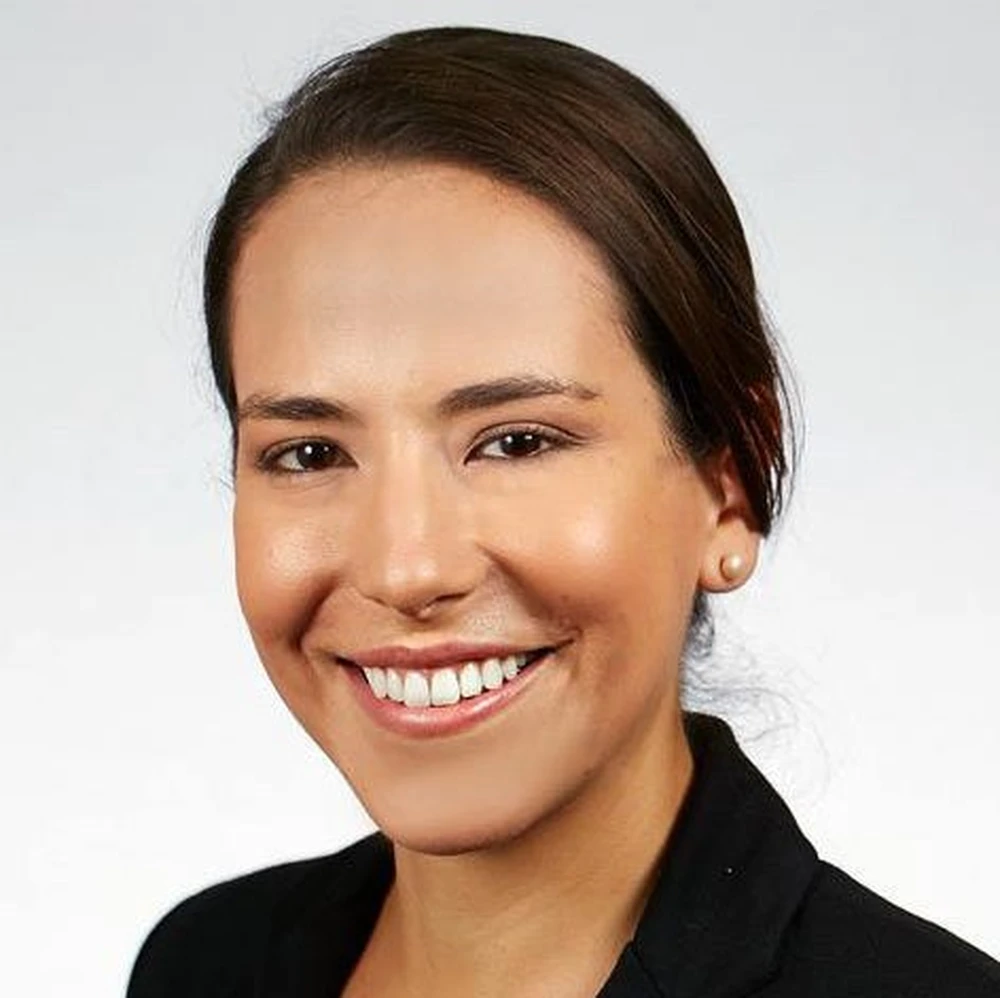
The Vilcek Foundation has awarded Markita del Carpio Landry (PhD, ’12) a Vilcek Prize for Creative Promise in Biomedical Science for the development of probes to visualize neurochemical communication in the brain, and for breakthroughs in gene-editing technologies with applications for agriculture and the development of biologic drugs.
The Vilcek Foundation raises awareness of immigrant contributions in the United States and the contributions of foreign-born individuals to the arts, sciences, and humanities, awarding each year three major prizes: the Vilcek Prize in Biomedical Science, the Vilcek Prize in the Arts and Humanities, and the Vilcek Prize for Excellence. The 2022 prizes total $600,000 and recognize foreign-born scientists and artists in the U.S.
Born in Quebec, Canada to a Bolivian mother and French Canadian father, del Carpio Landry is an assistant professor at the University of California, Berkeley, and an investigator with the Innovative Genomics Institute and with the Chan Zuckerberg Initiative. She is a member of the Society for the Advancement of Chicanos and Native Americans in Science (SACNAS), and the Society of Hispanic Professional Engineers (SHPE).
She grew up a dual citizen of Bolivia and Canada, but when she was 14, her family immigrated to the United States where the challenge of being thrust into a new school while learning English bolstered del Carpio Landry’s love of science and mathematics.
“The classes made sense independent of language and set my path as a career scientist,” she said.
After her bachelor’s at the University of North Carolina, Chapel Hill, del Carpio Landry went on to pursue her PhD in physical chemistry at UIUC as a graduate student in Yann Chemla's physics lab.
A physicist by training, she pursued postdoctoral work in nanotechnology and spectroscopy at the Massachusetts Institute of Technology to build a comprehensive set of skills which she would go on to apply in her expansive research. In 2016, del Carpio Landry earned a tenure-track appointment at the University of California, Berkeley.
Fascinated by the brain, del Carpio Landry’s work centers on understanding aberrations in neurotransmitter signaling—a fundamental component in psychiatric disorders such as depression, and schizophrenia, and neurodegenerative disorders such as Alzheimer’s disease.
Merging single-molecule biophysics and nanomaterials, del Carpio Landry has developed probes to visualize neurochemical communication at the molecular level; her research has yielded insights into the range of neurotransmitter “communication styles” and their responses to stimuli with implications on the variable effectiveness of psychiatric drugs.
In the realm of bioengineering, del Carpio Landry has also led work that has elucidated transport phenomena in plants. This discovery enabled the development of new techniques of precise and targeted gene editing without permanent genetic modification. These discoveries have enormous potential for applications in agricultural biotechnology with regard to the development of food and medicine.
A devoted mentor, del Carpio Landry is passionate about empowering the next generation of scientific leaders. “I am motivated by the knowledge that my presence in STEM sets an example for others from immigrant and non-traditional backgrounds,” she says. “While it is rewarding to produce good science, my greatest impact will come from producing great scientists.
The Vilcek Foundation was established in 2000 by Jan and Marica Vilcek, immigrants from the former Czechoslovakia. The mission of the foundation was inspired by the couple’s respective careers in biomedical science and art history. Since 2000, the foundation has awarded over $6.4 million in prizes to foreign-born individuals and has supported organizations with over $5.5 million in grants.